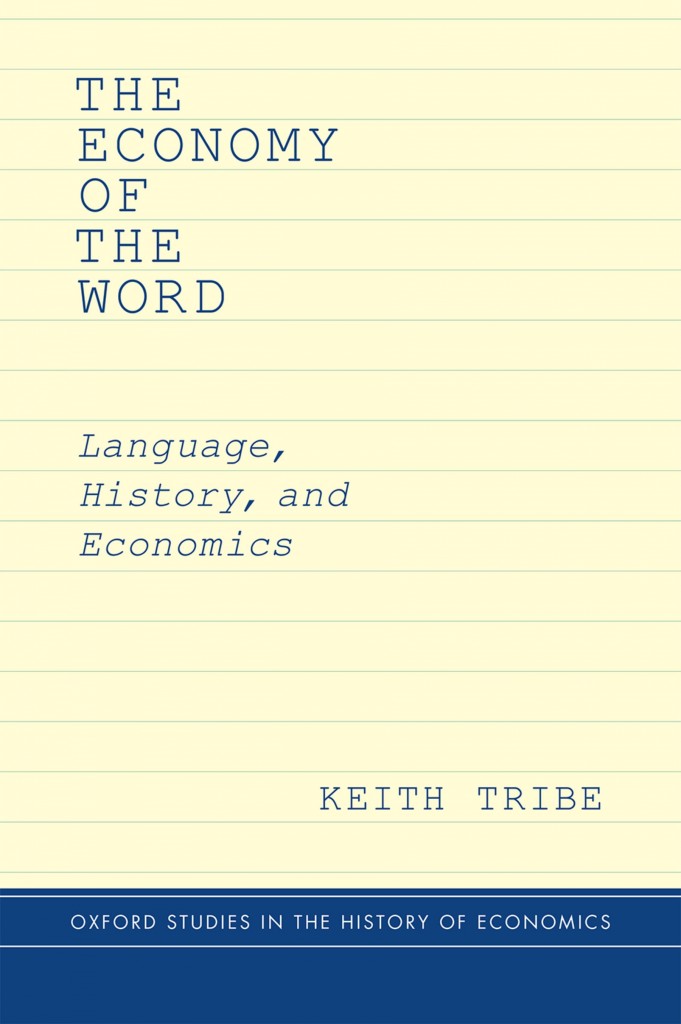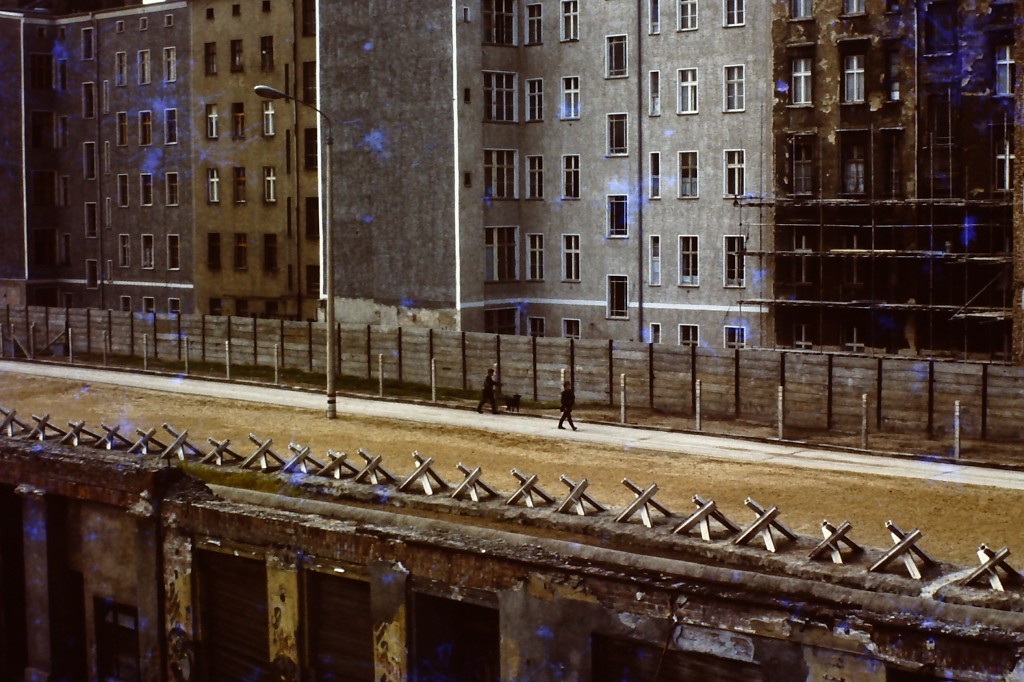Last December, at a translation conference in Graz, Lavinia Heller drew our attention to the Marini translation of Heidegger’s Sein und Zeit (Essere e Tempo, Milan 2006), specifically to the manner in which this new Italian translation incorporated and developed Hildegard Feick’s Index zu Heideggers “Sein und Zeit” (1961), a 104-page glossary of Heidegger’s terminological usage. Later I came across the special issue of Studia Phænomenologica (Vol. V 2005) devoted to the history of the translation of Sein und Zeit into Bulgarian, Czech, Dutch, English, Finnish, French, Greek, Hungarian, Italian, Japanese, Korean, Portuguese, Romanian, Slovenian, Spanish, Swedish and Turkish. This is much the best illumination of the problems of scholarly translation I have ever read.
Heidegger sought to articulate Ancient Greek metaphysics in modern German, in so doing creating a work whose language is relentlessly arcane. His purpose was to bypass the history of Western philosophy, which had migrated first from Greek into the Latin language and thence into the emergent dominant languages of Western Europe. Beneath the majority of Heidegger’s terms there is a Greek original that has been stripped of its Latin accretions and transformed into contemporary German (Christian Sommer, “Traduire la Lingua Heideggeriana” in Studia Phænomenologica V p. 306) . By insisting on a meticulous exploration of the possibilities offered by the German language he initiated a deconstruction of language use, a process that turns into the discovery of thought. Since thought is not independent of the natural languages in which it is expressed, the structure of a natural language represents so many possibilities for and obstacles to the formulation of philosophical problems. In a sense, this is what Sein und Zeit is “about”.
Hence the “thought” embodied in Heidegger’s language cannot be recovered through a simple transposition into another language – rather, that language has to use its own resources to reinvent the thought. Translation thus involves the transposition of thought into a language which conceives the same thought, but in a different way – as the title to this post suggests, the same is never identical or equivalent. Or I could write: equi-valent. As Sommer suggests, if one wants to remain true to the Heideggerian conception of translation, then it is necessary to be un-faithful: the text has to be transformed interpretively (p. 312).
However, there is a difficulty with the purity of Heidegger’s project, for natural languages borrow freely from each other. “Ausdruck” looks “German”; and “Druck” is certainly Old High German, according to the the Grimm Wörterbuch. On examination, the term “Ausdruck” is a strict equivalent for “ex-press” (as in squeeze out), an English verb taken from Old French in the fifteenth century, according to the OED, hence latinate; and the sense in English of “representing by word or sign” came later, in the eighteenth century. And, it turns out, that is when the new word “Ausdruck” appeared in German, to signify “expression” in the English sense of representation. True, it uses German roots, but to signify a latinate neologism.
Further, the discussion in Studia Phænomenologica of translation into Hungarian and Finnish throws up further problems, since these languages are Fenno-Ugric, and not directly Indo-European. While other Scandinavian and Slavic languages borrowed freely from Western European languages throughout early modern history, Finnish seems today a language apart, almost hermetic and impenetrable for a Western European native speaker. But this is an illusion, for the language has several layers of accretion – while the terminology of fishing, hunting and foraging is ancient, terms related to religion, trade and agriculture are mostly of Russian origin, and words related to urban life and civil administration have been taken over from Swedish ((Tere Vadén, “Probing for Indo-European Connections”, Studia Phænomenologica V p. 302). As the contributor on Hungarian translation remarks, if Heidegger had used a standard philosophical terminology there would have been no problem in translating his texts; it is the use of idiomatic German that creates the difficulty.
Translation is not lexical lego, finding matches and slotting them together consistently into a new structure. For Heidegger, translation involved re-interpreting thoughts; and as Groth has observed in Translating Heidegger (2004, p. 108), “improving” existing translations involves improving our understanding of his thought, not “finding the right English words to stand in for his German terms.” An English translation of Heidegger would have to reach back into the history of the English language in the same way that Heidegger sought to reach back into German, seeking clarity in etymological awareness. Of course, the English language draws both syntactically and lexically on a wide range of sources. Tyndale’s New Testament of 1526 draws on Saxon syntax and Saxon vocabulary to produce a translation that has the immediacy of everyday speech. And after the Saxons, of course, came the Vikings, and so Old Norse is also there in the mix. Perhaps an opportunity to read Tolkien through Heidegger?
As Sommer also noted, “Traduire Heidegger, c’est traduire une traduction.” (p. 305) And Gadamer observed that “Sein und Zeit was one of those great books that one should never write off. It seems to be one of those books that undergo periodic resurrection. Perhaps somewhere else. Perhaps one day it will be translated back into German.” (Studia Phænomenologica V p. 224)



